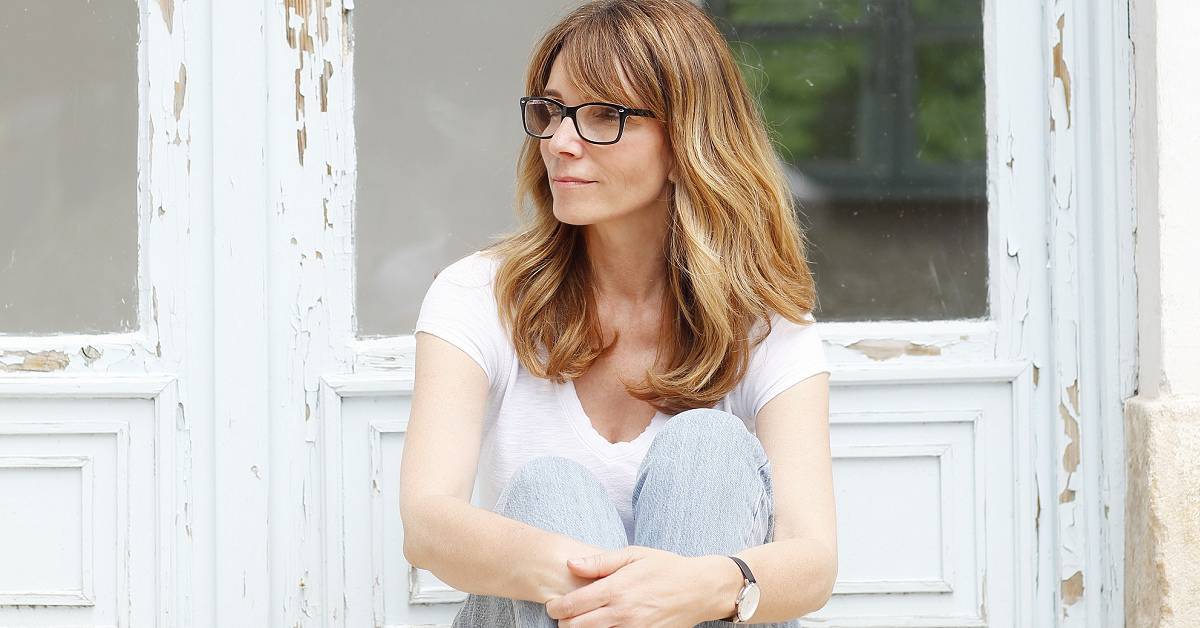I cut my teeth on the rules of polite southern hospitality. Whether you were the hostess or a guest, it was a responsibility in a social gathering to share sparkling anecdotes and witty conversations. The wisest, most charming, and well mannered folks knew when to change the conversation.
Ladies (and real gentlemen) refrained from speaking of certain subjects in polite company. Asking someone how they exercised their right to vote made you appear crass. It was vulgar to ask someone how much money they make. And even ruder to inquire how much they spent on those cute shoes, their new car, or their house. Any discussion of religion risked alienating someone, so that was also a taboo subject.
When the talk strayed to volatile topics, a respectful debate could take place. However, there is a line between respectful debate.These conversations were reserved for a trusted circle: intimate friends, favorite cousins, or our spouses. The debate remained cordial and respectful. Because in a social gathering, each person took seriously their responsibility to be an exceptional guest or sought-after hostess.
The wisdom of knowing how to change the conversation is important if you realize that you’re no longer in a conversation, but an argument.
Of course, at every party there was that soporific person with no boundaries. The one who spouted their views on religion, politics, and how to Fix The World’s Problems. That boorish individual was the one who found pleasure in inciting tempers rather than inviting any sense of community, connection, or shared story. And when such a person opened their mouth, it was the responsibility of the remaining, civilized guests to change the subject in a way so as to invite harmony and connection. And when that one person just didn’t get the hint that it was time to shift the conversation.
It was a safe bet that they wouldn’t get invited to future parties.
Times have changed.
These days, instead of having conversations around a kitchen table encircled by friends and family, we turn to Facebook, making it serve as a virtual living room. Sometimes this is beneficial. When we truly need the reminder that we are not alone in the world, such digital spaces are a good place to turn.
But sometimes the constant flow of surface communication can feel overwhelming. Frankly, when bad things happen in the world, I find myself stepping away from these community gathering spaces because too many folks behave in uncivilized and unkind ways.
I will be honest with you, darling: not everyone needs to know your opinions on everything happening in the world. And when it comes to me and my opinions, you don’t need to know them all, either.
There are those people whose business it IS to spout their opinion: politicians, political cartoonists and comedians, lobbyists, pastors, and professional journalists and pundits. But I serve no one – you or me – by sharing exactly how I feel about everything. I am a writer and a coach. I am a confidante. My role is to be open to possibilities and not judge the people I work with.
To believe that my way is the only way to live life isn’t me being a coach, it would be me being a bully.
We are living in challenging times.
Though I don’t desire to share my opinions on specifics of the politics, I do have a little advice to share on how to be a part of a more civilized society.
Yes, my dear, do share your opinion if you feel the need. However, if you choose to do so, be respectful. If you choose to debate, argue as if you are right, but more importantly, listen as if you may be wrong.
When you partake in the conversation, remember to keep your personal boundaries in place. Hone your ability to recognize when anyone involved in the conversation crosses the line – be it you or others.
Be brave enough – and wise enough – to be willing to change the conversation.
And always remember, you can refrain from sharing your opinion on any matter. Refraining from sharing your opinion doesn’t negate the fact that you matter; what it indicates is that you have healthy boundaries and a profound respect for yourself.
I’m not suggesting that you bury your head and become ignorant about what’s happening out there beyond your front yard. I believe it’s important to be an informed citizen. If you don’t know the facts, do some research (don’t just believe the slant the media is giving you).
Have a conversation, even a civil debate, if you feel you must, but remember that other people’s opinions are valid, even if you don’t agree with them. Just as you are entitled to your opinions, so are they.
But for the love of all that is holy in this world, recognize when the folks you are conversing with are mere acquaintances, not those trusted few who have earned the right to witness your life.
Recognize when it’s time to change the conversation.
I know most folks these days value authenticity, but remember that being authentic doesn’t mean you don’t also need good manners. Your opinions do matter, but you don’t have to share them all. Just as not everyone has earned the right to hear all the vulnerable (and fabulous) details of your life story, not everyone deserves to be trusted to react reasonably when you speak your opinion.
Energy is everywhere. In fact, science has shown that each of us has a sort of “force field” around us. When we focus on all the complaining and negativity, spew forth hatred and rhetoric, and don’t allow space for other opinions, we perpetuate the anger and the hatred.
Here’s what you’ll see from me when times are tough and the world needs more compassion.
Rather than make a scene and insist that my views are the right ones, my choice is to go back to my roots of southern hospitality: change the subject, redirect the conversation, but do it kindly.
Ethically, as a coach, I know that it’s important that my opinions stay in my small circle of trusted friends. There is a phenomenon called “glomming onto” in which a person in therapy mimics the beliefs of the therapist in hopes it will make the therapist “like them”. So, while I’m not a therapist, I believe that as part of my ethics as a coach mean that I should keep my opinions to myself. Or share them in a small circle of trusted friends. Otherwise, it can compromise the work a client is doing.
For centuries, society has turned to art and music and literature as a way to shift conversations.
The arts build bridges between humans in times of good and sorrow. It’s a way to sow positive energy. Because my heart longs for peace, I choose to steer the subject toward the ways in which we humans create.
I want to guide the topics back to the roots of old southern social gatherings. Choosing to discuss literature and art. To honor music and musicians. By lavishing guests with a beautiful meal and charming floral arrangements.
We can do this in our virtual living rooms when we choose to share poetry and short stories rather than the details of mass shootings. Rather than sharing news stories, what about making the choice to share a photo of breathtaking work of art or a beautiful cup of coffee? What is the value of sharing images of hatred?
We can elect to be vulnerable and share an amusing anecdote and favorite recipe rather than spreading the anger.
In Big Magic, Elizabeth Gilbert points out that the earliest evidence of recognizable human art is forty thousand years old, while in contrast, the earliest evidence of human agriculture is only ten thousand years old.
“Which means that somewhere in our collective evolutionary story, we decided it was more important to make attractive, superfluous items than it was to learn how to regularly feed ourselves.”
Personally, I believe that these challenging times in our world are a call to create a daily life that is loving and nourishing. We have a responsibility to ourselves to focus on bringing beauty into our immediate environment.
We have a responsibility to put positive energy out into the world.
Darling, you simply cannot bide your time and hope that someone else ends a debate, or brings up a new subject. The person to change the conversation is YOU. It begins with the way you choose to be present in your life. It continues with your decision to be both authentic and kind in all of your interactions, whether they are personal, or virtual.
The core of my personal philosophy – learned through lots of sweat and tears – and the core of my coaching philosophy has always been to seek the love and beauty in your daily existence. I have stood on the soap box spouting the belief that in order to find happiness, you must fall in love with the daily art of living, and that still stands true.
I believe this deep down in my soul.
Please, be passionate about your beliefs; I’m not asking you to do away with your values. Please, also, remember that you have the power to change the conversation when you choose live your daily life in a manner that allows you to find nourishment and satisfaction in everyday moments.
You can change the energy of the human existence in the space that you most control: with yourself and in your own home.
Learning to be wise enough the change the conversation can help you lead a happier life.
Snag a free workbook and get inspiration on all the ways to love your life even more.
>>Click Here to Discover Additional Articles on Strategies to Get Your Life on Track <<









